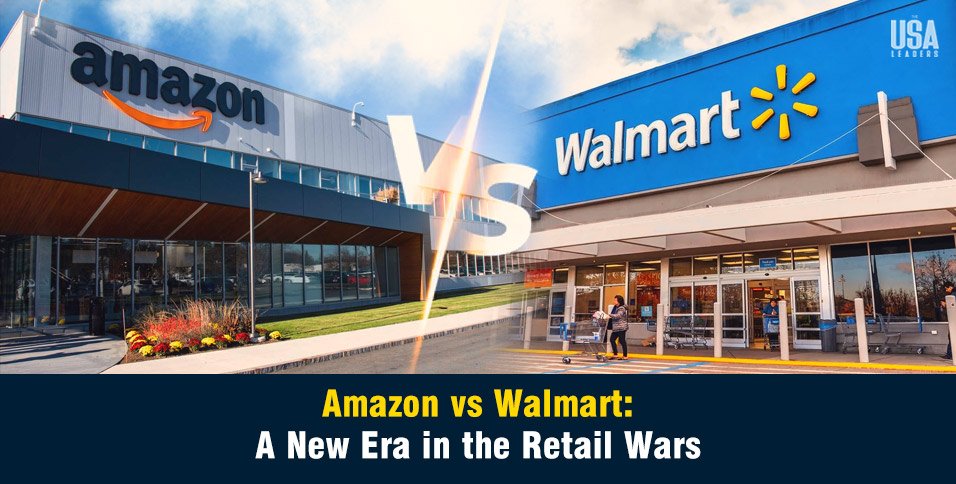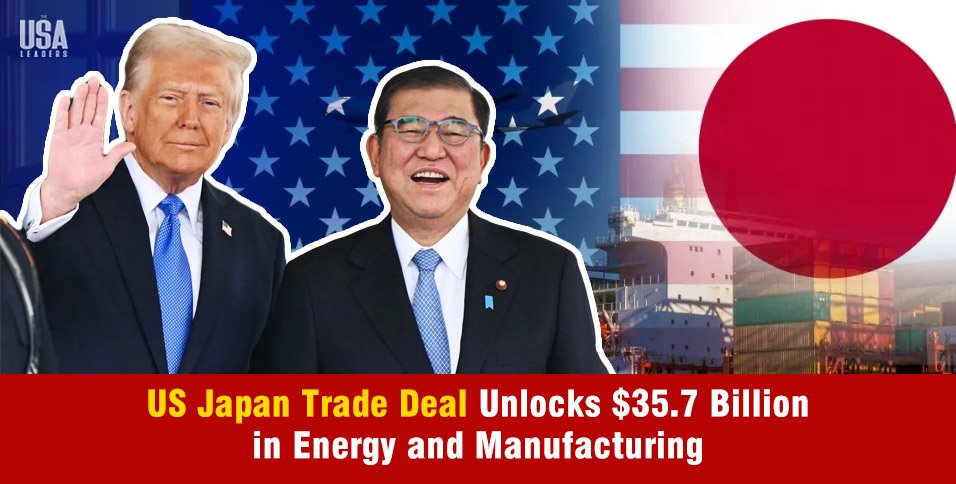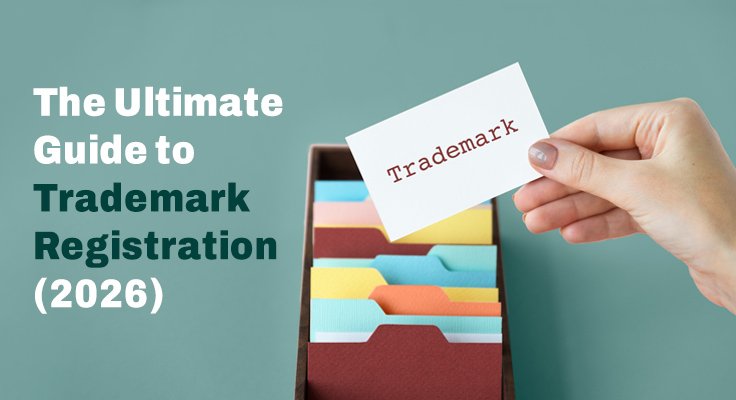The USA Leaders
June 24, 2025
New York – In one of the most pivotal moves in modern advertising history, the Omnicom Interpublic merger deal—valued at a staggering $13.5 billion—has received conditional approval from the Federal Trade Commission (FTC), reshaping the competitive landscape of global marketing. With the FTC’s green light, this all-stock transaction will combine two of the world’s most influential advertising holding companies into a single, dominant force projected to generate $25 billion in annual revenue.
But this deal is more than just a corporate marriage—it’s a landmark moment for how political content is handled in advertising and a precedent-setting blueprint for future mergers in the media and marketing world.
FTC’s Approval Comes with Strings Attached
The FTC’s antitrust review didn’t go quietly. After months of in-depth scrutiny—including a rare “second request”—the deal has been approved with several legally binding conditions, ensuring the newly merged company does not use its market power to influence political discourse or manipulate ad flows for ideological reasons.
Key Restrictions Imposed by the FTC:
- No political steering: Omnicom-IPG cannot steer or block ad dollars based on political or ideological content unless explicitly requested by an advertiser.
- Ban on ad boycotts: The company may not collaborate with others to initiate or support political media boycotts.
- No ‘blacklists’ for political reasons: Exclusion lists based on political viewpoints are prohibited.
- Annual compliance reports: For the next five years, Omnicom-IPG must submit annual reports to the FTC and assist in any further investigations.
“Websites and other publications that rely on advertising are critical to the flow of our nation’s commerce and communication,” said Daniel Guarnera, Director of the FTC’s Bureau of Competition. “Coordination among advertising agencies to suppress advertising spending… threatens to distort not only competition between ad agencies, but also public discussion and debate.”
Advertisers Remain in Control
While the FTC imposed significant restrictions on the merged company’s political engagement, it preserved advertisers’ autonomy. Individual clients can still choose to exclude or target platforms based on political or ideological criteria—but that decision must originate from the advertiser, not the agency.
This balance helps maintain client freedom while keeping agencies accountable for fair market conduct.
Strategic Goals: Efficiency Meets Innovation
Behind the headlines lies a clear strategic vision. Omnicom’s acquisition of Interpublic isn’t just a growth play—it’s a structural shakeup aimed at delivering:
- $750 million in annual cost synergies
- Cross-selling opportunities and new client wins
- A unified portfolio of creative, tech, and data-driven services
By eliminating overlaps in operations, technology, and real estate, the new company plans to streamline operations and supercharge innovation in response to a fast-evolving media landscape.
Leadership Speaks: Vision and Confidence
John Wren, Chairman and CEO of Omnicom, described the deal as a step into “a new era of marketing solutions,” emphasizing the potential to accelerate innovation and better serve global clients.
Philippe Krakowsky, CEO of Interpublic, echoed this, stating the merger offers a “tremendous strategic opportunity” and will create a “uniquely comprehensive portfolio of services” powered by data, creativity, and global talent.
Together, Wren and Krakowsky will co-lead the integration process, blending talent, tools, and tech across borders.
A Sign of the Times: Politics Meets Advertising
The FTC’s highly detailed restrictions speak volumes about the politicization of advertising. In the age of polarized media, the government is taking a strong stand against ideological manipulation in marketing channels. This move aligns with broader efforts under the Trump administration to curb what it views as institutional bias against conservative platforms like X (formerly Twitter).
The deal sets a new industry standard, serving as a cautionary tale for future mergers in the media-buying space: Political neutrality is now a regulatory priority.
What Comes Next for the Omnicom Interpublic Merger Deal?
With the FTC’s conditional approval now public, the Omnicom–Interpublic deal will enter a 30-day public comment period, followed by a final vote by the Commission. The companies expect the transaction to close in the second half of 2025, pending final shareholder and regulatory signoffs.
Once complete, the merger will not only redefine the advertising business but also how that business interacts with the broader information ecosystem.
Final Word: More Than a Merger
The Omnicom Interpublic merger deal isn’t just the formation of the world’s largest ad agency—it’s a high-stakes bet on scale, compliance, and trust in a politically sensitive age. The merged firm will need to navigate not just consumer expectations, but also government oversight, public scrutiny, and a global marketplace where both clients and platforms demand accountability and transparency.
This isn’t just business—it’s the future of how we consume media, ideas, and influence.





























